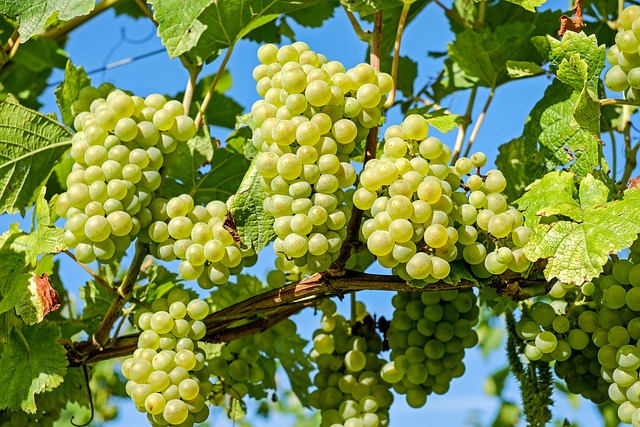Probiotic Powerhouses: Uncovering the Top Foods for Gut Health
The gut plays a crucial role in our overall health and well-being. It is home to trillions of bacteria, both beneficial and harmful. To maintain a healthy gut, it’s essential to nourish it with the right foods. That’s where probiotics come in. Probiotics are live bacteria and yeasts that are beneficial for our digestive system. They help restore the natural balance of bacteria in the gut and promote a healthy gut microbiome.
The Importance of Gut Health
A healthy gut is associated with numerous benefits, including improved digestion, enhanced nutrient absorption, strengthened immune system, and even mental well-being. On the other hand, an unhealthy gut can lead to various digestive disorders, weakened immunity, and increased susceptibility to diseases.
Probiotics: The Gut’s Best Friends
Probiotics are often referred to as the gut’s best friends because of the vital role they play in maintaining gut health. These friendly bacteria help prevent harmful bacteria from multiplying, thus reducing the risk of gut infections and inflammation.
While probiotic supplements are available, it’s always best to obtain these beneficial bacteria from natural food sources. Here are some of the top foods that are probiotic powerhouses:
1. Yogurt
Yogurt is one of the most well-known probiotic-rich foods. It is made by fermenting milk with specific strains of bacteria, such as Lactobacillus and Bifidobacterium. These bacteria convert the lactose in milk into lactic acid, giving yogurt its tangy taste.
When choosing yogurt, opt for varieties that contain live and active cultures. These cultures ensure that the beneficial bacteria are still alive and ready to work their magic in your gut. Enjoy a bowl of yogurt as a snack or incorporate it into smoothies and desserts for a delicious and nutritious treat.
2. Sauerkraut
Sauerkraut is a fermented cabbage dish that originated in Germany. It is made by packing cabbage tightly in a jar with salt and allowing it to ferment for several weeks. During fermentation, beneficial bacteria, such as Lactobacillus plantarum, convert the sugars in cabbage into lactic acid.
Sauerkraut is not only rich in probiotics but also high in vitamins C and K. Its tangy and slightly sour taste makes it a great addition to sandwiches, salads, and even hot dogs. Just make sure to choose the unpasteurized variety to ensure that the beneficial bacteria are still intact.
3. Kefir
Kefir is a fermented milk drink that has been consumed for centuries. It is made by adding kefir grains to milk and allowing it to ferment for about 24 hours. Kefir grains are not actual grains but rather a combination of bacteria and yeasts.
What sets kefir apart from yogurt is its diverse range of probiotic strains. It contains several types of beneficial bacteria and yeasts, making it a potent probiotic source. Kefir has a tangy and slightly effervescent taste, similar to yogurt but with a thinner consistency. Drink it on its own or use it as a base for smoothies.
4. Kimchi
Kimchi is a traditional Korean dish made from fermented vegetables, typically cabbage and radishes. It is seasoned with a variety of spices, including garlic, ginger, and chili powder. Kimchi fermentation is driven by lactic acid bacteria, which gives it its distinct flavor and probiotic benefits.
Kimchi is not only rich in probiotics but also loaded with vitamins A, C, and K, as well as fiber. It adds a spicy and tangy kick to any dish, making it a versatile and flavorful addition to your meals.
5. Miso
Miso is a traditional Japanese seasoning paste made from fermented soybeans, rice, or barley. It has a salty and savory taste and is often used in soups, marinades, and dressings.
Miso fermentation involves the use of a specific fungus called Aspergillus oryzae. This fungus produces enzymes that break down proteins and carbohydrates into more easily digestible forms. As a result, miso is not only rich in probiotics but also packed with nutrients.
By incorporating these probiotic powerhouses into your diet, you







